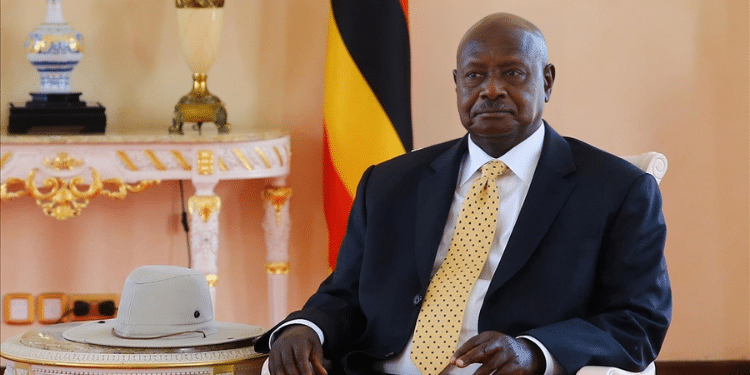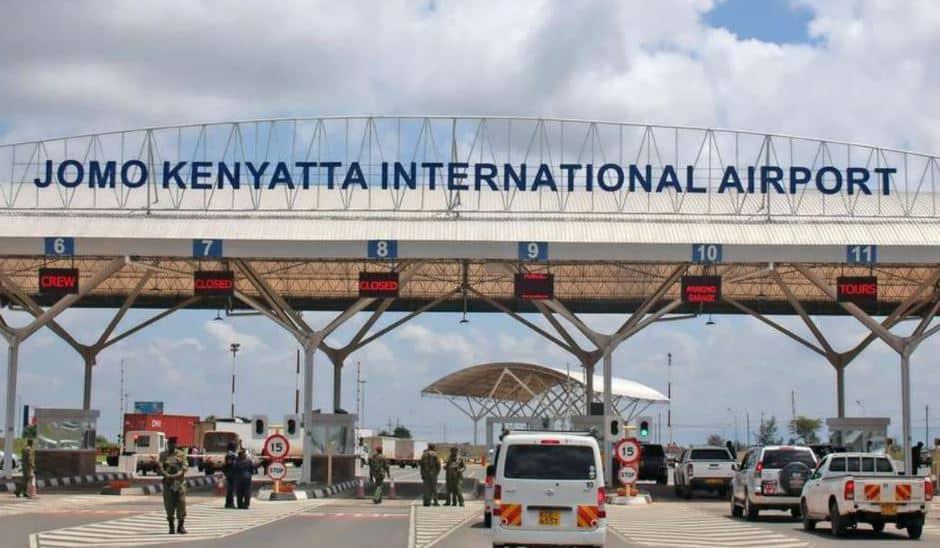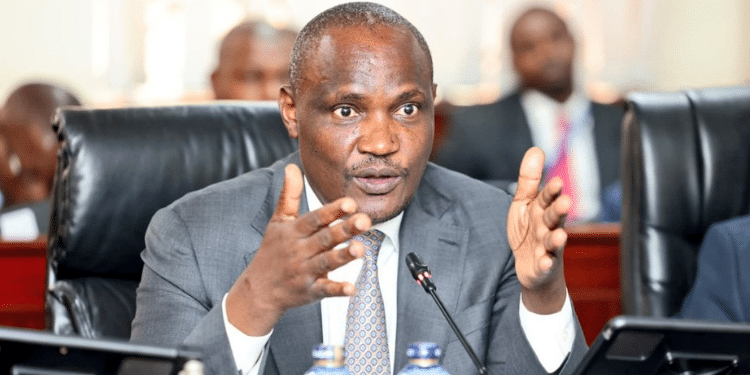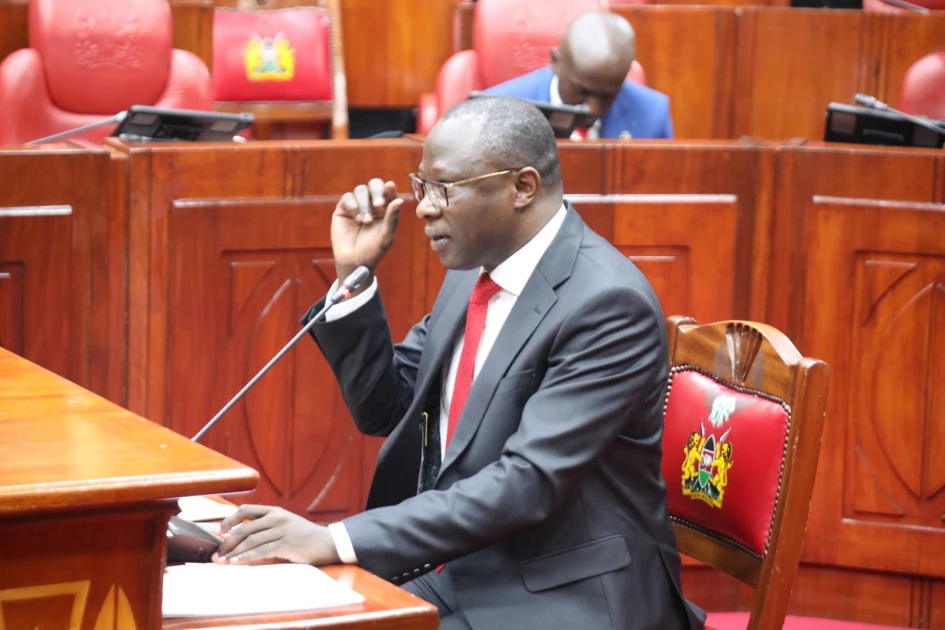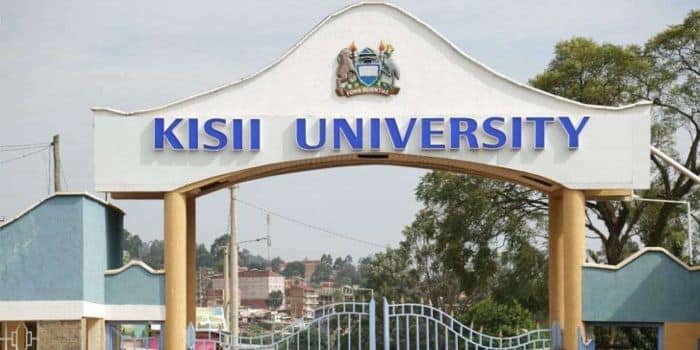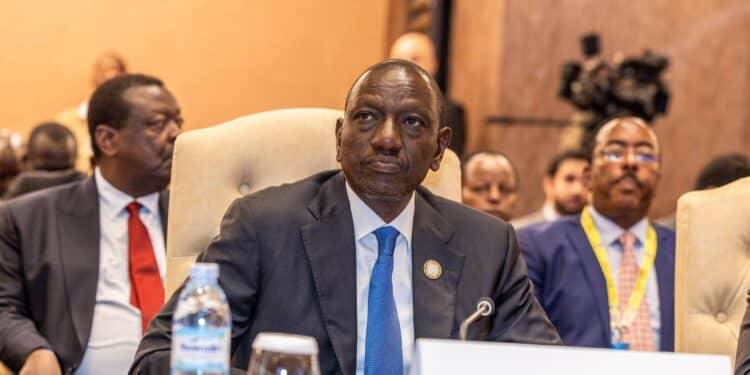Kenya has intensified its efforts to combat illicit financial flows (IFFs) and strengthen its regulatory framework in a bid to be removed from the Financial Action Task Force (FATF) grey list. The government is implementing the Finance Act 2023 and advancing the proposed Finance Bill 2024 to enhance financial oversight, reduce tax evasion, and address compliance gaps identified by international watchdogs.
This crackdown comes amid mounting fiscal pressures, including a growing national debt that has constrained Kenya’s ability to finance public services and infrastructure development. With limited borrowing options, the government is now focusing on addressing revenue leaks through enhanced financial regulations, stricter anti-money laundering (AML) measures, and increased penalties for tax evasion.
Is Kenya Still Greylisted
Despite these efforts, Kenya remains on the Financial Action Task Force’s (FATF) “grey list,” which identifies countries with strategic deficiencies in their AML/CFT (anti-money laundering/combating the financing of terrorism) frameworks. While the FATF acknowledges Kenya’s progress in enacting legislation, it continues to raise concerns about enforcement capacity and institutional weaknesses. Kenya was greylisted by the FATF on February 23, 2024. This designation means that Kenya was placed under increased monitoring due to strategic deficiencies in its AML and CFTmeasures.
“Based on the expectation assessment is done beyond enacting laws,so after enacting implement or enforce, I think government should do more and political willingness to enforce should follow,”said John Thomi, a Tax & Equity Policy Officer at the
Tax Justice Network-Africa, Kenya adding “It highlights gaps in enforcement, technology, and human resources that must be addressed.”
Also Read: Kenya Receives Global Recognition for Anti-Money Laundering Success
Government officials have pledged to strengthen enforcement mechanisms and demonstrate measurable progress to meet international standards. Nixon Omondi, Lead of the Digital Economy Tax Office at the Kenya Revenue Authority (KRA), emphasized the importance of sustained action. “We are committed to ensuring compliance and removing ourselves from the grey list,” he stated.
The Scale of the Problem
According to a 2022 report by the Economic Justice Network and Tax Justice Network-Africa, Kenya loses approximately KSh 150 billion ($1.3 billion USD) annually to tax evasion and other illicit financial activities. This figure aligns with broader estimates indicating that Africa as a whole loses about $50 billion annually to IFFs, according to the African Union’s High-Level Panel on Illicit Financial Flows, chaired by former South African President Thabo Mbeki.
A separate report published by the Trade Law Centre (TRALAC) reveals an even more alarming statistic: Kenya loses over Ksh 600 billion every year to tax evasion alone. These funds, which could otherwise be invested in healthcare, education, and infrastructure, are siphoned out of the country through schemes such as profit shifting by multinational corporations, trade misinvoicing, and money laundering.
The discrepancy between the two estimates for Kenya’s annual tax evasion losses arises from differences in methodology, scope, and data sources. TJN-A’s lower estimate focuses mainly on corporate tax evasion, illicit financial flows (IFFs), and multinational profit shifting, using official tax data and international financial reports. In contrast, TRALAC’s higher estimate includes a broader range of tax losses, factoring in informal sector non-compliance, VAT fraud, customs evasion, and smuggling. Additionally, TRALAC assumes weaker tax enforcement and greater underreporting across sectors, leading to a much larger figure.
The United Nations Conference on Trade and Development (UNCTAD) adds that developing countries lose between $800 billion and $1 trillion annually due to IFFs, depriving them of critical resources needed to achieve economic stability and growth.
Key Provisions of the New Legislation
The Finance Act 2023 introduces several key provisions designed to promote transparency and deter financial misconduct:
1.Companies must now disclose the identities of their ultimate owners or controllers. This measure aims to prevent the use of anonymous corporate structures for money laundering or tax evasion.
2.Financial institutions and businesses face more rigorous reporting obligations to ensure compliance with anti-money laundering laws.
3.Offenders can expect significant fines and imprisonment terms for engaging in illicit financial activities.
Building on these measures, the proposed Finance Bill 2024 seeks to impose a Capital Gains Tax (CGT) on property transfers within Special Economic Zones (SEZs) and Economic Processing Zones (EPZs). Originally intended to attract foreign investment, these zones have come under scrutiny for facilitating profit shifting and enabling multinational corporations to reduce their tax liabilities by moving earnings to lower-tax jurisdictions.
Also Read: Proposed Law to Encourage Wash Wash in Kenya, Experts Warn
“These new regulations are designed to close the gaps that have enabled illicit financial flows to thrive,” explained Omondi. “Strengthening oversight mechanisms is critical in ensuring fair tax practices.”
International Cooperation and Alignment
To bolster its efforts, Kenya has expanded its participation in global tax information exchange initiatives. The KRA has signed agreements with multiple countries to facilitate the tracking of Kenyan-owned assets hidden in foreign jurisdictions. Additionally, Kenya’s membership in the OECD’s Inclusive Framework on Base Erosion and Profit Shifting (BEPS) underscores its commitment to aligning with international standards and combating profit shifting.
The TRALAC report emphasizes the need for stronger regional cooperation to address IFFs effectively. It calls for East African Community (EAC) member states to harmonize their tax policies and share intelligence to combat cross-border tax evasion. By working together, countries like Kenya, Tanzania, and Uganda can better detect and deter illicit financial activities that exploit regional trade networks.
“The fight against illicit financial flows cannot succeed without strong international and regional cooperation,” noted Paul Mugambi, a public policy scholar at the University of Nairobi.
Drivers of Illicit Financial Flows
One of the primary drivers of IFFs in Kenya is trade misinvoicing, where companies deliberately overstate or understate the value of imports and exports to shift funds across borders undetected. The TRALAC report highlights specific examples of how exporters manipulate invoices to avoid paying customs duties and VAT. For instance, some firms underreport the value of goods exported to neighboring countries, thereby reducing their tax liability while transferring profits offshore.
Multinational enterprises also exploit loopholes in international corporate tax laws, using strategies like transfer pricing—artificially setting prices between subsidiaries in different countries—to minimize taxable profits. Research conducted by Roseline Misati, Kethi Ngoka, Anne Kamau, and Maureen Odongo reveals that a 10% increase in the difference between Kenya’s corporate tax rate and that of the lending corporation’s home country leads to a 1-2% rise in the internal debt ratio, enabling tax base erosion.
The report further notes that money laundering via informal remittance systems, such as hawala networks, contributes significantly to illicit outflows. These systems often bypass formal banking channels, making it difficult for regulators to detect and trace suspicious transactions.
Challenges to Implementation
Despite the government’s best intentions, enforcement remains a significant hurdle. Regulatory agencies often lack the capacity to monitor financial transactions effectively, while corrupt officials may undermine enforcement efforts. Furthermore, some industry stakeholders argue that overly stringent regulations could deter foreign investment and slow economic growth.
Public sentiment has also been mixed regarding the introduction of higher excise duties and VAT increases on basic goods. Critics contend that these measures disproportionately affect low-income earners and place an undue burden on ordinary citizens. Dennis Moroga, a lecturer at Moi University, emphasizes the importance of clear communication and public engagement.
“The government must educate citizens on the rationale behind these tax reforms,” Moroga said. “If people understand that tackling illicit financial flows ultimately benefits the economy, they are more likely to support the measures.”
Addressing Concerns About Special Economic Zones
Kenya’s SEZs and EPZs were established to attract foreign direct investment, create jobs, and boost exports. However, critics argue that the generous tax incentives offered to companies operating in these zones—such as corporate tax holidays and duty exemptions—create opportunities for profit shifting and tax avoidance.
Catherine Ngina Mutava, Associate Director of the Strathmore Tax Research Centre, warns that preferential tax treatments can be exploited by businesses seeking to minimize their tax liabilities. “While SEZs are essential for economic growth, there must be stringent oversight to ensure they are not used as conduits for illicit financial flows,” she stated.
The Finance Bill 2024 proposes introducing a CGT on property transfers within SEZs to ensure that high-value transactions contribute to the national tax base. Effective implementation will require close coordination between regulatory agencies and a robust enforcement mechanism.
Broader Implications for Sustainable Development
Illicit financial flows pose far-reaching consequences for Kenya’s economy. Beyond reducing the government’s ability to fund essential public services, the unchecked outflow of capital limits domestic investment and hampers economic growth. Experts stress that addressing IFFs is crucial for achieving poverty reduction, improving economic stability, and promoting inclusive development.
“To combat illicit financial flows effectively, we need political will, stronger enforcement mechanisms, and sustained public awareness campaigns,” said Mugambi.
*The project received support from the Thomson Reuters Foundation as part of its global work aiming to strengthen free, fair and informed societies. Any financial assistance or support provided to the journalist has no editorial influence. The content of this article belongs solely to the author and is not endorsed by or associated with the Thomson Reuters Foundation, Thomson Reuters, Reuters, nor any other affiliates”.
Follow our WhatsApp Channel and join our WhatsApp Group for real-time news updates.


